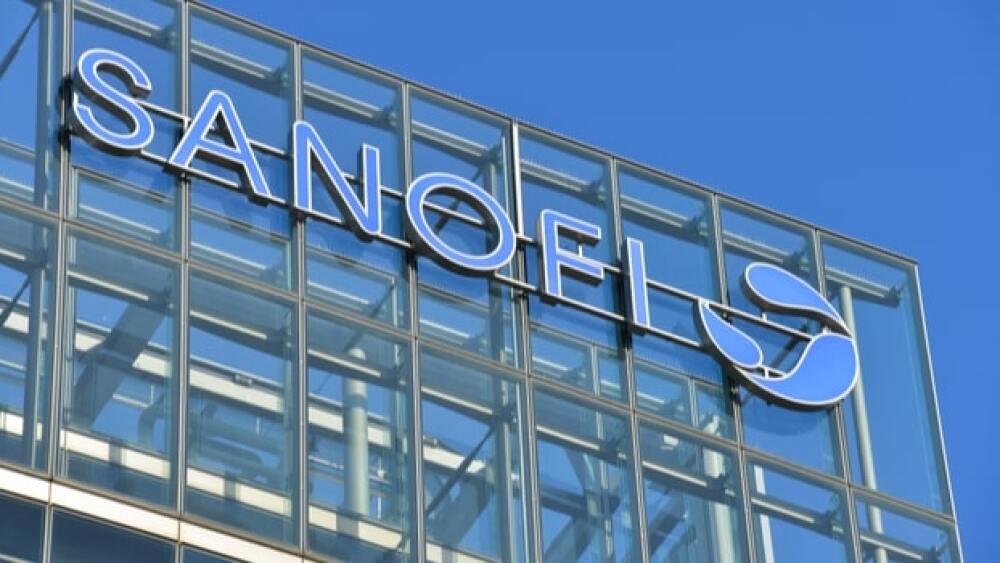All other ongoing and pending studies of Sanofi’s amcenestrant, including the early-stage breast cancer trial AMEERA-6, will also be discontinued.
Courtesy of nitpicker/Getty Images
Following a disappointing interim analysis of the Phase III AMEERA-5 trial, Paris-based pharma giant Sanofi has announced that it will terminate the global clinical development of amcenestrant, its oral selective estrogen receptor degrader (SERD) candidate for breast cancer.
All other ongoing and pending studies of amcenestrant, including the early-stage breast cancer trial AMEERA-6, will also be discontinued. The company’s shares fell nearly 5% this morning.
“While we are disappointed by this outcome, our research will further the scientific understanding of endocrine therapies in people with breast cancer,” John Reed, M.D., Ph.D., global head of research and development at Sanofi, said in a statement. In line with this, the company plans to review forthcoming data and share findings with the broader scientific community.
AMEERA-5 is a randomized and double-blinded trial designed to test amcenestrant’s efficacy and safety when combined with Pfizer’s CDK4/6 inhibitor Ibrance (Palbociclib). The study enrolled more than 1,000 patients with ER+/HER2- breast cancer without prior systemic anticancer therapies for advanced disease. To serve as controls, half of the patients were given a combination of letrozole and Ibrance.
While no new safety concerns arose during AMEERA-5, an independent data monitoring committee found that amcenestrant fell short of a prespecified boundary for trial continuation and recommended ending the trial. All participants will be transitioned to the letrozole arm.
“Our sincere gratitude goes to the patients, families and healthcare professionals involved in the amcenestrant clinical development program,” Reed said.
Amcenestrant started with promise and gave hope to many women with advanced, hormone receptor-positive breast cancers. In June 2021, early data from a Phase I/II trial underscored the candidate’s promise, demonstrating an objective response rate of 34% in ER+ breast cancer patients when given as first-line therapy in combination with Ibrance. The regimen was also generally safe and had a clinical benefit rate of 74%.
Initial findings were so compelling that Peter Adamson, Sanofi’s global head of oncology, clinical development and pediatric innovation, said at the time that amcenestrant “could be a backbone therapy for ER+ breast cancer.”
The following months would show something different, however. In March, the Phase II AMEERA-3 trial found that amcenestrant monotherapy was not significantly better than endocrine treatment at improving progression-free survival. Its AMEERA-5 failure is the latest and final setback for Sanofi’s breast cancer hopeful.
Losing amcenestrant could be a setback for Sanofi’s oncology program. Aside from molecules in Phase I studies, the company is now down to five cancer hopefuls: the monoclonal antibody alomfilimab, the SHP2 and KRAS inhibitor SAR442720, the non-alpha IL-2 compound SAR444245, the CD38-targeted Sarclisa (isatuximab-irfc) and the Anti-CEACAM5 ADC tusamitamab ravtansine.
Still, the company has its eyes set firmly on the oncology space. In late 2021, Sanofi and San Diego biotech Mirati Therapeutics linked arms to test the combination of Sanofi’s SAR442720 with Mirati’s KRASG12C inhibitor adagrasib in non-small cell lung cancer. And in early August, the industry powerhouse also entered into a strategic partnership with China’s Innovent Biologics, seeking to expand the market reach of two of its clinical-stage assets.
“Oncology remains a priority area for Sanofi, and we will continue to pursue transformative research to develop new medicines for people living with cancer,” Reed said.






